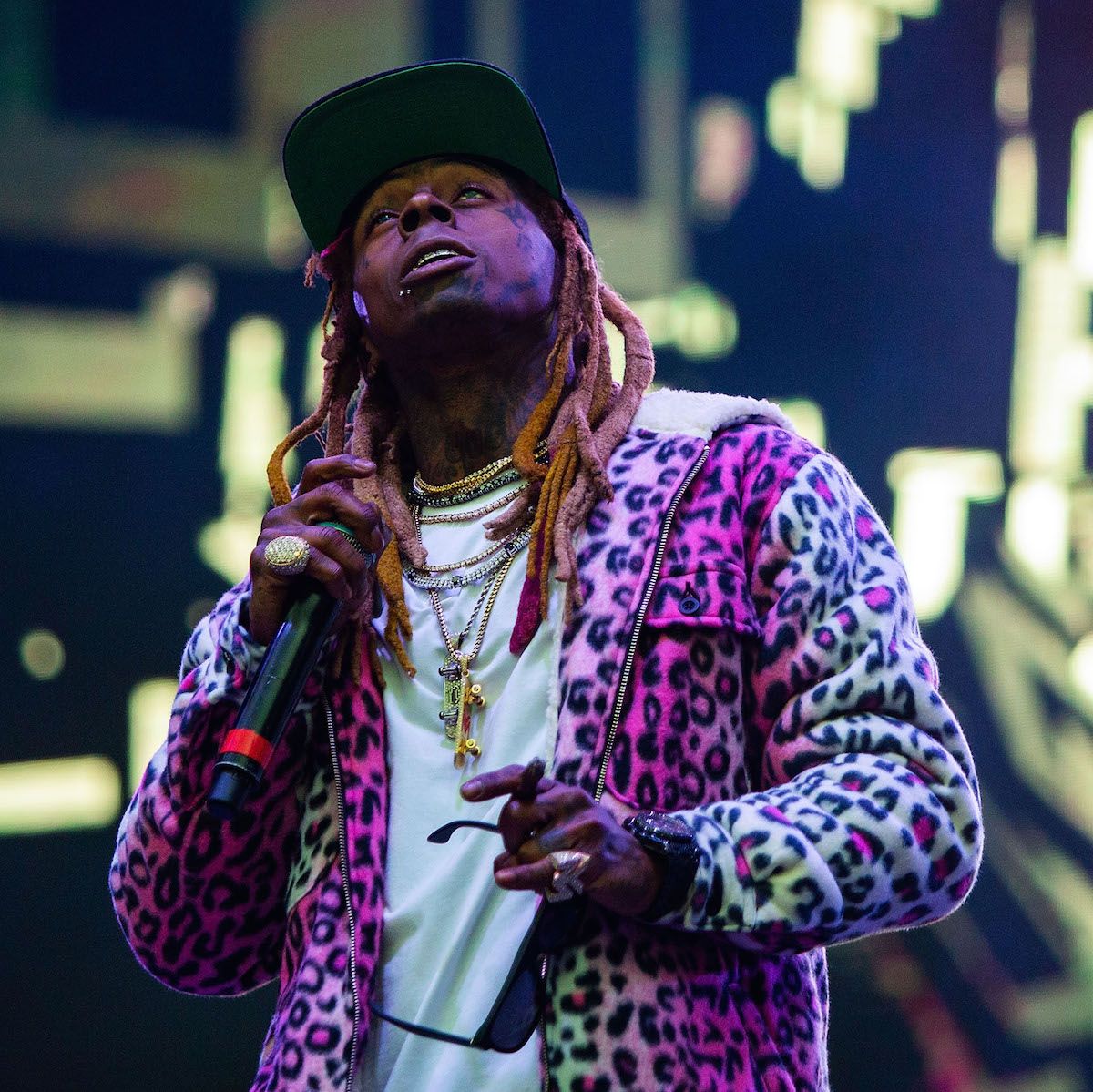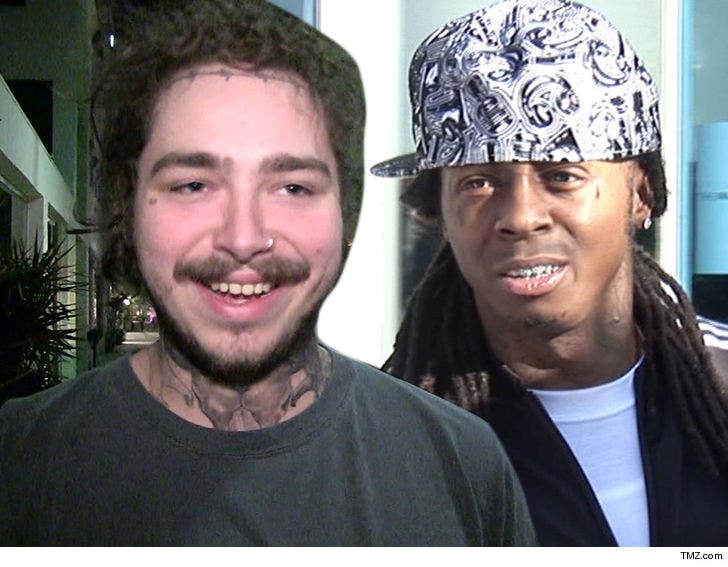

His ethos has always been to make music or die trying. (He also discussed his suicide attempt in poetic terms on Solange’s 2016 track “Mad.”) But the story also reads as a metaphor for Lil Wayne’s recent legal battles against his “father” Birdman. “Just got off phone with my son, told him you’re a son of a gun/Just got off the phone with my daughter, told her I won’t hesitate to fuck a young nigga up,” he rhymes on “Open Letter.” On the final track, the Sampha-augmented “Let It All Work Out,” he recalls the moment he shot himself in the chest as a child, explaining it was because his mother tried to prevent him from pursuing a rap career. Throughout, Lil Wayne reminds us that he’s a 36-year-old father, not the eternally young horndog who once sung “I just want to fuck every girl in the world” at the height of his fame, or the teenager who chanted “Drop it like it’s hot” over the Triggerman beat. Dre’s “XXXplosive.” There’s a reunion with Mannie Fresh on “Start This Shit Off Right” that has the easy, breezy swagger of a soul stepping party. Still, these nods to contemporary rap and pop, which arrive early in Tha Carter IV, can’t compare to the album’s later moments, though it’s fun to hear him try and rhyme roughshod over the limp electronic pop of “Can’t Be Broken.” He sounds better alongside Snoop Dogg on “Dope Niggaz,” which resurrects the “Bumpy’s Lament” sample made famous on Lil Kim’s “Drugs” and Dr. At the very least, it gives Wayne a chance to drop one of his goofily great punchlines: “They started French kissing so he didn’t see moi.” Travis Scott fades into the background of “Let It Fly.” Kendrick Lamar – who once recorded C4, a mixtape homage to Wayne’s 2008 blockbuster Tha Carter III – joins in “Mona Lisa,” a bizarre, confusing yet ultimately fascinating lyrical fantasy about a woman who cheats on her boyfriend with the man of the hour.

The late, controversial emo rapper XXXTENTACION adds a pained squall to “Don’t Cry,” one of the album’s highlights. The other breakout star from his Young Money adventure, Drake, doesn’t make an appearance due to reported scheduling issues.

“I am not number one, it’s true/I am 9-27-82,” he says in reference to his birthday on “Don’t Cry.” When one of his Young Money students, Nicki Minaj, croons alongside him on the yearning “Dark Side of the Moon,” it sounds bittersweet. He has rarely sounded as vulnerable as he does here. The Lil Wayne who appears here sounds chastened, questioning his current standing in the rap lexicon. Still, the tumult of years passed undoubtedly left its mark.

Lil Wayne is back on center stage, back on top. It doesn’t matter that his first retail album since 2013’s desultory, depressing I Am Not a Human Being II is haphazardly sequenced, with the best tracks arriving somewhere in the middle and the end, and that its 87 minute running time can barely be consumed in one sitting. His place on rap’s postmillennial Mount Rushmore is assured. He is as much of a hero to a certain generation of rap fans as Jay Z and Rakim once were. If the celebratory reception surrounding the long-delayed Tha Carter V proves one thing, it is how much Lil Wayne is truly beloved.


 0 kommentar(er)
0 kommentar(er)
